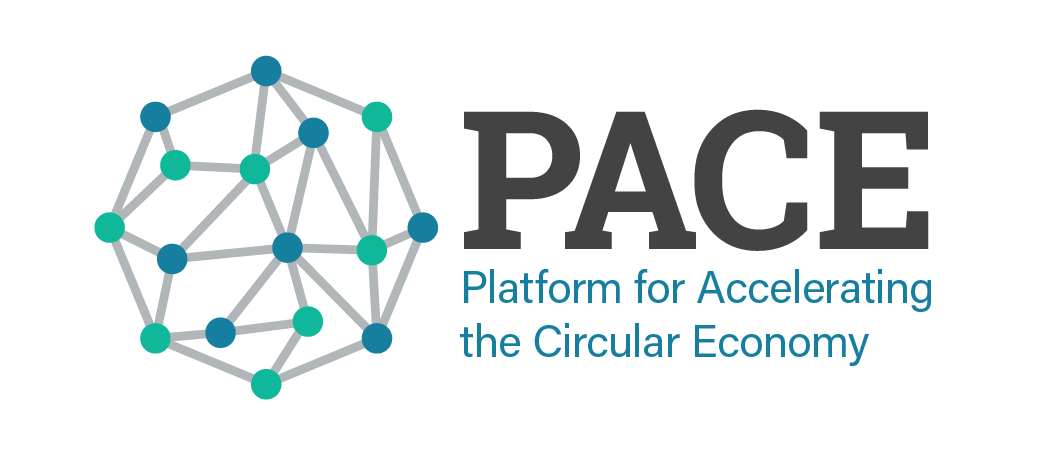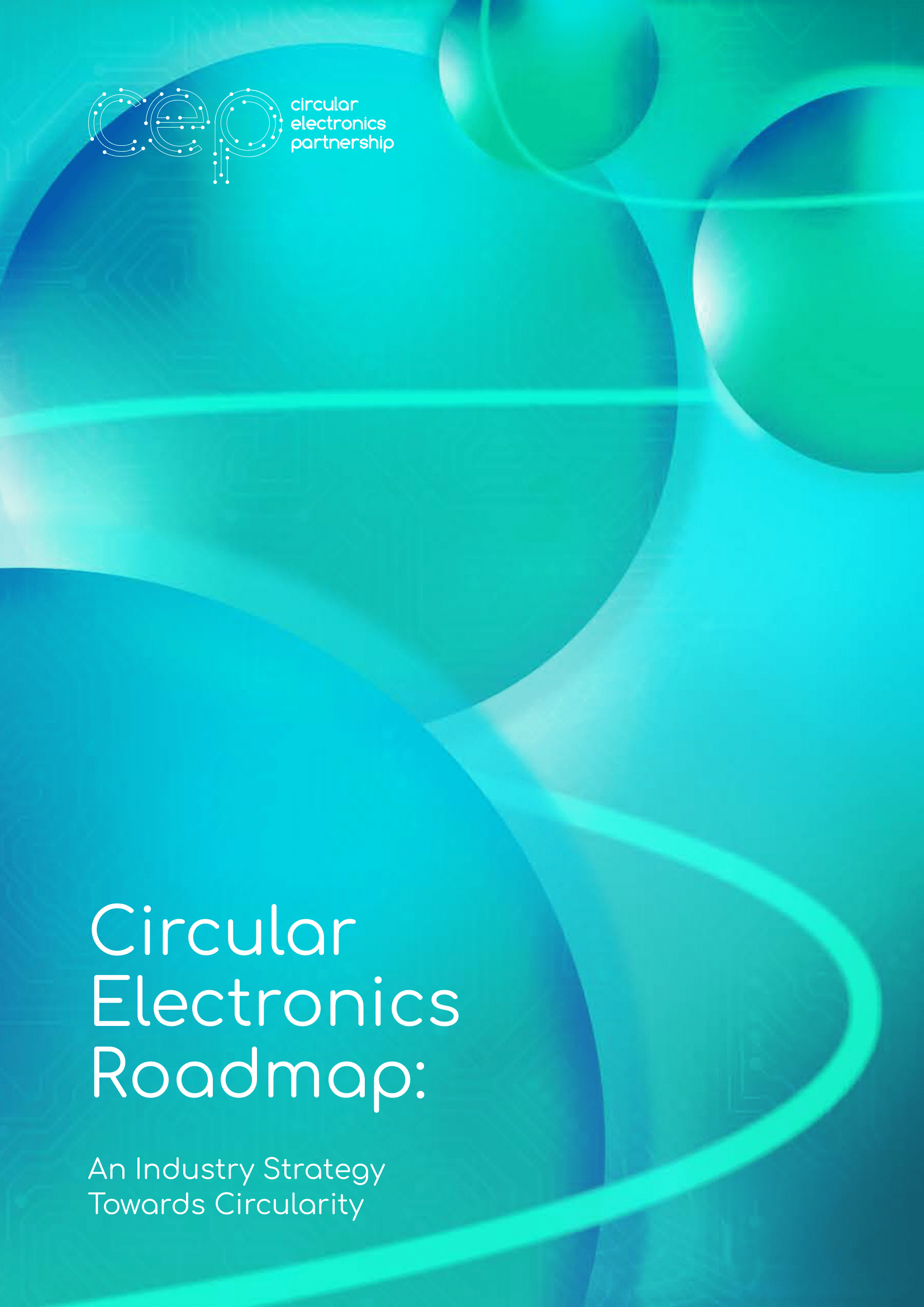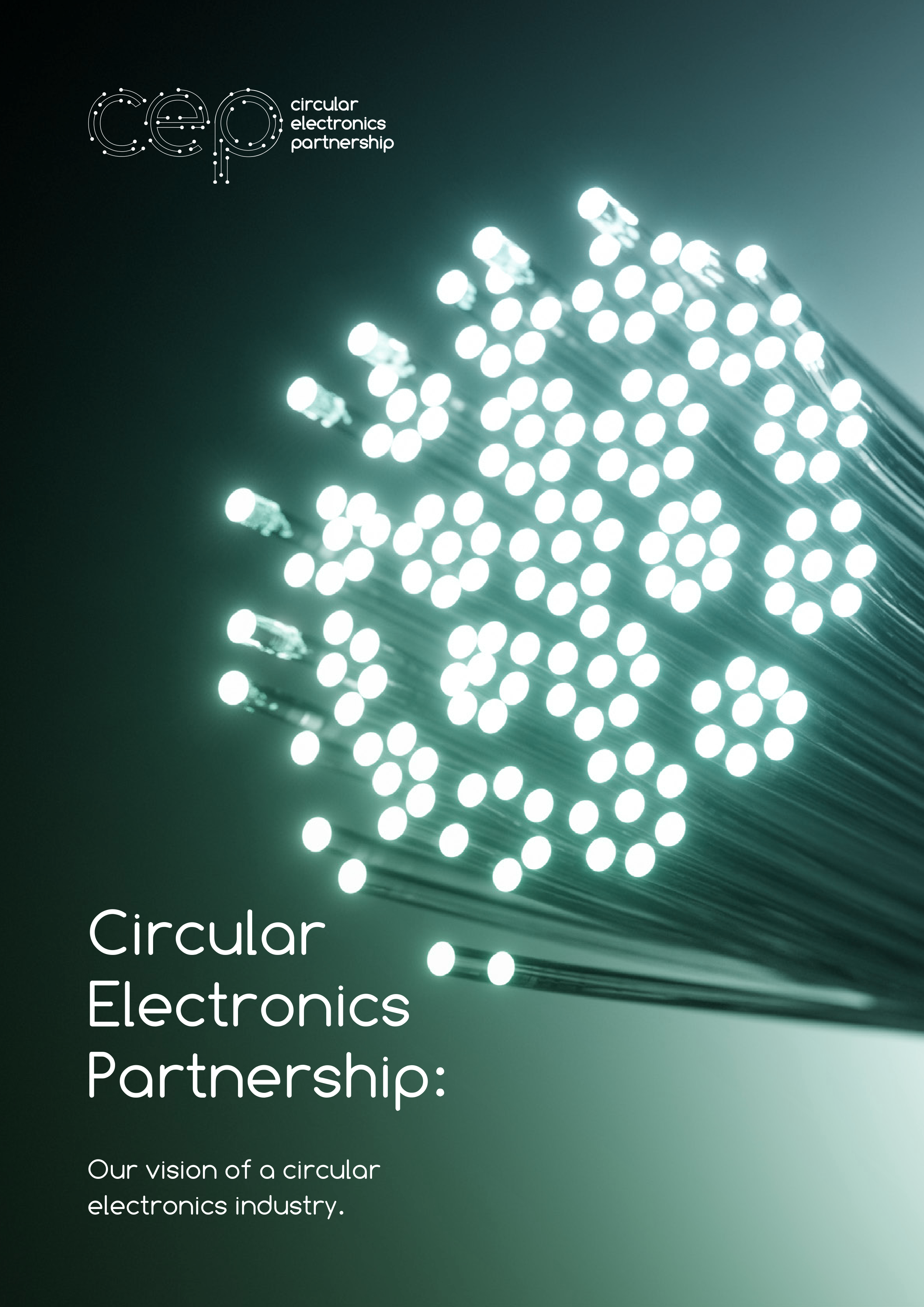Circular Electronics Partnership
This Action aligns with the following Calls to Action from the Circular Economy Action Agenda for Electronics:
1. Incentivize and Support Product Design for Circularity
2. Enable Producers to Increase Sourcing of Recycled Content
6. Set Up Effective Collection Systems
7. Enable Efficiency and Transparency in Compliant and Responsible Transboundary Movement
8. Strategically Plan and Install Sorting, Pre-Processing, and Recycling Operations.
“The Circular Electronics Partnership offers a pre-competitive, industry platform for the electronics value chain to take coordinated action towards a circular economy.”
- Brendan Edgerton, Circular Economy Director WBCSD
Location
Global
Ambition
Short-term: Produce a Vision for circular electronics and a Roadmap for how the industry can achieve it. At the point of publication of these documents, CEP will commence five projects across the life cycle, coming out of the Roadmap and actioned by its Partners.
Long-term: CEP establishes a global community of leading organizations and companies committed to a circular electronics industry, monitoring progress against the Roadmap and catalyzing coordinated action with key stakeholders.
Context
Electronics are one of the world’s fastest-growing sectors and have improved our everyday life in many ways. They allow individuals around the world to participate in the global marketplace, facilitated access to educational material and services and expanded access to healthcare in many regions.
The flip side of this development is the ever-growing stream of e-waste created by the global community. The following factors contribute to this development:
-
Electronic goods get cheaper and more accessible
-
Fast innovation cycles lead to the disposal of still-functioning devices
-
Most electronic products are not built to last
In 2018, 50 million metric tonnes of electronics were disposed of. The material value of this e-waste is estimated to be at around $57 billion – more than the GDP of most countries. Yet, only 17.4% of e-waste is dealt with appropriately.
Most e-waste ends up in landfills or is disposed of by informal workers under hazardous working conditions. The consequences range from health risks for workers and their communities to polluted groundwater sources.
A circular economy for electronics represents significant potential value for businesses, communities and the environment. However, approaches are highly diverse and fragmented.
In 2019, the World Business Council for Sustainable Development (WBCSD), the World Economic Forum (WEF), PACE, and the United Nations E-waste Coalition (including ITU) united key players in the electronics industry behind “A New Circular Vision for Electronics”. In this report, they not only mapped the current challenges but also opportunities of a ‘system upgrade’ - and what is needed to achieve them.
They set our three vision objectives for the transition to a more sustainable electronics economy:
1. Significant increase in recyclability and recycled content of new products
2. Significant extension of product lifetime
3. Significant increase in collection rates and high-quality recycling
Following the launch of the report, the Circular Electronics Partnership (CEP) evolved between the report’s authors with an expanded alliance including Responsible Business Alliance, Global Electronics Council and Global Enabling Sustainability Initiative.
Plan of Action
CEP unites seven organizations, as well as their respective private sector members, in a comprehensive and credible alliance. By bringing key companies and organizations in the electronics sector and the circular economy to the table, CEP establishes a network of networks of coordinated action.
While the initiative is managed by all partner organizations, its secretariat is hosted by WBCSD.
In March 2021, the seven partner organizations collaboratively developed and launched a Vision for Circular Electronics, a Roadmap for Circular Electronics and kick-started five projects responding to the Roadmap.
Partners
International Telecommunication Union (ITU), World Business Council for Sustainable Development (WBCSD), World Economic Forum (WEF), Responsible Business Alliance (RBA), Global Enabling Sustainability Initiative (GeSI), Green Electronics Council (GEC)
Contact
Website: www.cep2030.org
Twitter: @CEP_2030



